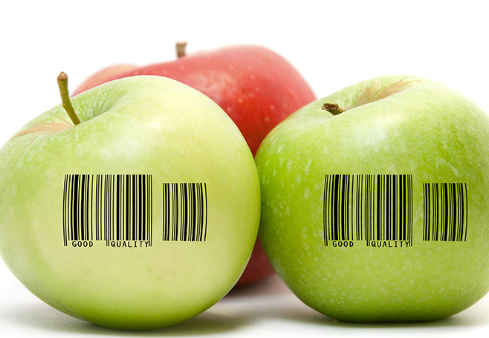What is Food Traceability?
Since the COVID-19 pandemic, people have become much more concerned about where their food comes from and how safe it is. This worry comes from a better understanding of health risks and foodborne illnesses, which can make people sick. Groups like infants and elderly people are especially at risk from unsafe food. As a result, people in India are asking for more information about how food is produced and delivered.
Importance of Food Traceability
Food traceability means being able to track the journey of food from where it’s grown or made to where it’s sold and eaten. This tracking is very important for food safety, especially if there’s a disease outbreak caused by food. It helps quickly find the source of the problem and stop it from spreading.
How Can Traceability Reduce Food Waste?
In India, a lot of food is lost or wasted before it even reaches the market. By using traceability systems, it’s easier to see where things go wrong in the supply chain. This means less food is spoiled, and more food makes it to the people who need it.
How Does Traceability Help with Allergen Sensitivities?
Around 25% of people in India have allergies to certain foods. Traceability ensures that food products have clear labels, so people know exactly what’s in their food. This helps prevent allergic reactions caused by hidden allergens.
What is India Doing About Food Safety?
India has strict rules to keep food safe. The Food Safety and Standards Authority of India (FSSAI) is in charge of making sure food is labeled correctly and that consumers have the information they need. The 2020 regulations require detailed labels on pre-packaged foods to make traceability easier.
How Are Organizations Helping?
Groups like the Confederation of Indian Industry (CII) and its Food and Agriculture Centre of Excellence (FACE) work closely with FSSAI. They make sure that food safety rules are followed throughout the supply chain, which helps people feel more confident about the food they buy. India also focuses on food safety in exports. The Agricultural and Processed Food Products Export Development Authority (APEDA) has set up systems to trace agricultural products that are exported. These systems use standardized barcodes to make sure that Indian food products meet international safety standards and can be recalled if necessary.
Month: Current Affairs - August, 2024
Category: India Nation & States Current Affairs








